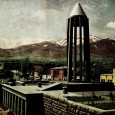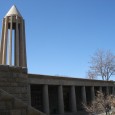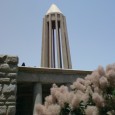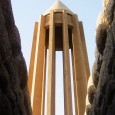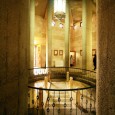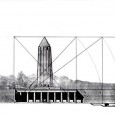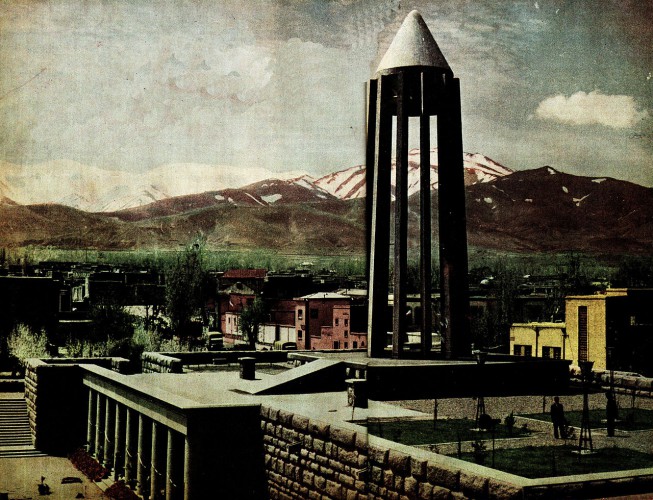Description
Avicenna was a Persian polymath (980 - 1037 AD), most famous in the west for his writings on medical science. Ibn Sina, also known as Abu Ali Sina, Pur Sina, and often known in the West as Avicenna was a Persian polymath who is regarded as one of the most significant physicians, astronomers, thinkers and writers of the Islamic Golden Age, and the father of early modern medicine. Avicenna is also called "the most influential philosopher of the pre-modern era". He was a Peripatetic philosopher influenced by Aristotelian philosophy. Of the 450 works he is believed to have written, around 240 have survived, including 150 on philosophy and 40 on medicine.
His most famous works are The Book of Healing, a philosophical and scientific encyclopedia, and The Canon of Medicine, a medical encyclopedia which became a standard medical text at many medieval universities and remained in use as late as 1650. Besides philosophy and medicine, Avicenna's corpus includes writings on astronomy, alchemy, geography and geology, psychology, Islamic theology, logic, mathematics, physics and works of poetry.
In the middle of 1947 (Solar Hijri calendar: 1326), Society for the National Heritage of Iran decided to build the tomb. The mausoleum was eventually dedicated in a grand ceremony in 1954, and the avenue running in front of it was also renamed in honor of Avicenna. The Mausoleum had been registered as one of Iranian National Monuments in May 11, 1997 by Registration No.1869.
Farsi
Please click on the Link below to read the information in Farsi Language.
Click Here!
